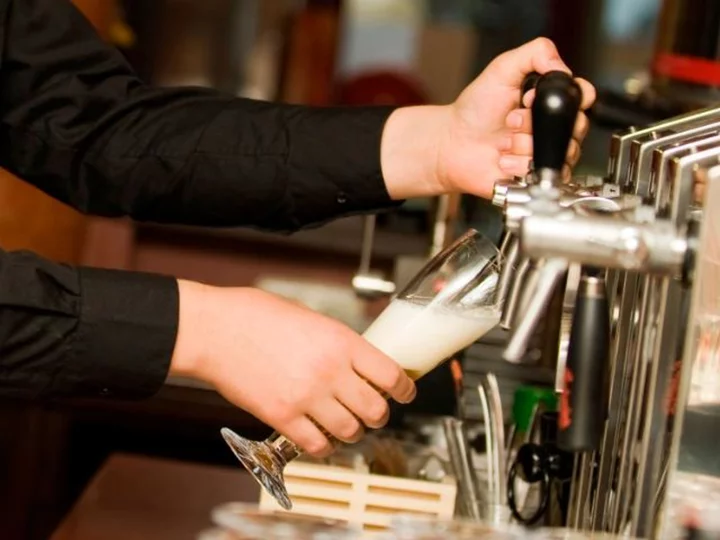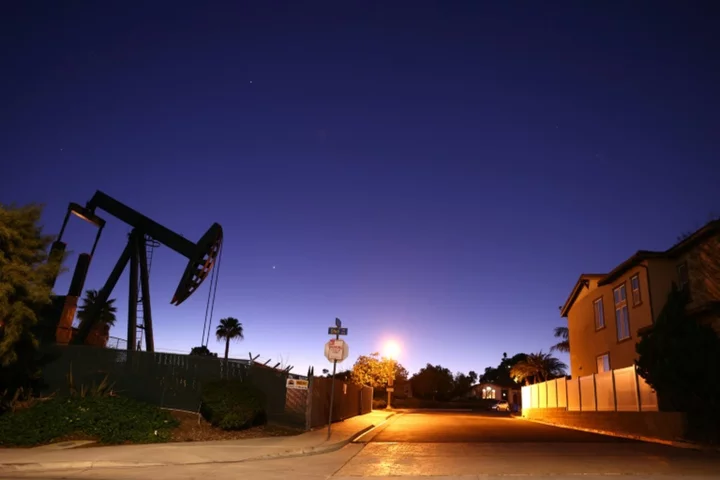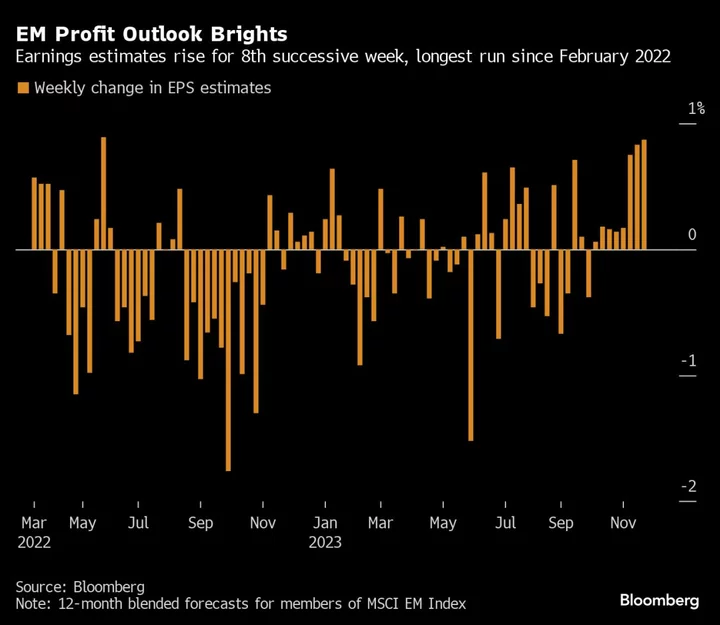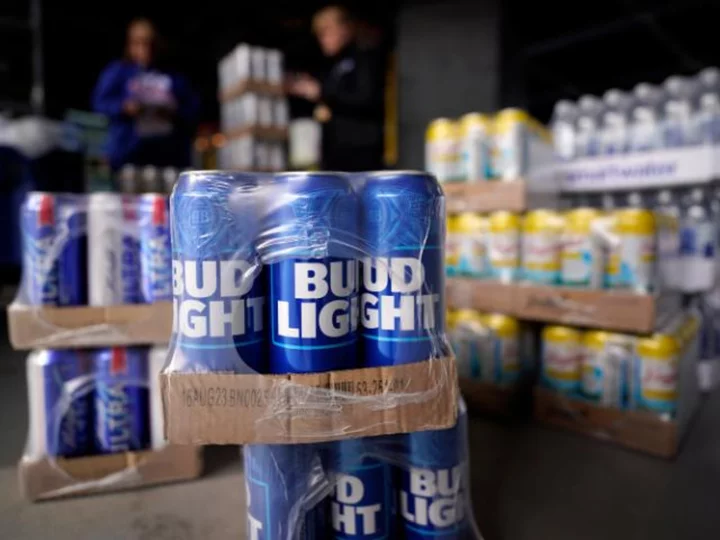More states are letting teenagers serve alcohol at bars and restaurants, part of a growing rollback of child labor protection laws across the United States.
Since 2021, at least nine states have introduced bills to lower the minimum age for serving alcohol, according to a report released Thursday by the Economic Policy Institute, a left-leaning think tank. Seven states — Iowa, Michigan, Ohio, Kentucky, West Virginia, New Mexico and Alabama — have enacted them.
More states are pushing to follow. In Wisconsin, legislators are seeking to lower the alcohol service age from 18 to 14, and Idaho lawmakers want to lower it from 19 to 17.
Restaurants and industry groups like the National Restaurant Association have pushed these bills as they face challenges hiring workers. The leisure and hospitality sector had 1.3 million jobs open in May, according to the Bureau of Labor Statistics.
Around 80% of restaurant operators say they currently have job openings that are tough to fill, according to the National Restaurant Association. Millions of restaurant workers have left the industry in recent years over low wages and poor working conditions.
But lowering the minimum age to serve alcohol will put teenagers at risk of sexual harassment, underage drinking and other harms, labor experts warn. The restaurant industry already has the highest number of child labor law violations, according to the Economic Policy Institute.
"Laws that lower the alcohol service age will subject more young people, at younger ages, to potentially dangerous working conditions at low wages — all in service of employers' pursuit of cheap labor," said Nina Mast, an economic analyst at the Economic Policy Institute, in the report.
Efforts to lower alcohol serving ages are part of a larger push to loosen child labor protections in states around the country.
Federal laws providing minimum protections for child labor were enacted nearly a century ago. But in the past two years, at least 14 states have introduced or passed laws rolling back child labor protections, the Economic Policy Institute reports.
In March, Arkansas rolled back a number of child labor protections across the state, including a measure that had required employers to obtain work certificates for children under the age of 16.
Child labor violations are also rapidly growing.
Since 2018, the US Department of Labor has seen a 69% increase in children being employed illegally by companies. The department last year found that 835 companies it investigated had employed more than 3,800 children in violation of labor laws.
In one of the largest child labor cases in history, Packers Sanitation Services this year paid $1.5 million in civil penalties for employing minors in hazardous occupations and having them working overnight shifts at 13 meat processing facilities in eight states owned by JBS, Cargill, Tyson and others.
President Joe Biden's administration announced plans to crack down on labor exploitation of migrant children across the country, the New York Times reported, following an investigation conducted by the newspaper into the explosive growth of migrant child labor throughout the country.









